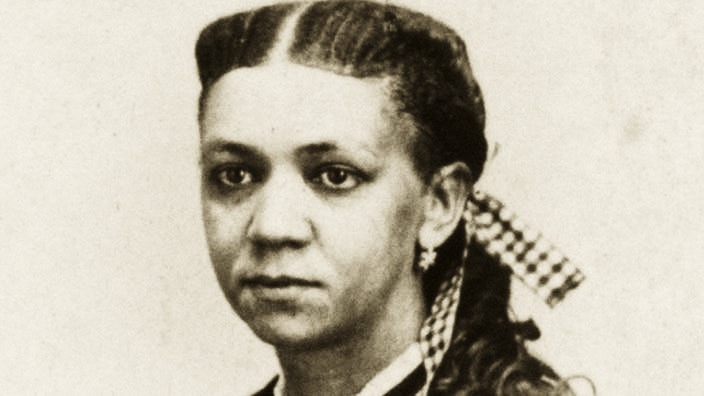
Today’s Leader of Faith
FANNY JACKSON COPPIN
Home Call : 21 Jan 1913
Missionary, Principal, Educator and Educational Reformer
Fanny Jackson Coppin (1837–1913) was a notable African-American educator, missionary, and advocate for racial and gender equality. She stands as a symbol of triumph over adversity, breaking barriers at a time when education for women, especially African-American women was almost non-existent. She was one of the first Black women to graduate from Oberlin College in 1865, a trailblazer in higher education. She served as principal of the Institute for Coloured Youth in Philadelphia and became the first African American school superintendent in the United States. She served as a missionary in South Africa, where she embarked on a mission to uplift and educate the local communities.
Fanny was born on January 8, 1837, in Washington, D.C., into slavery. Her freedom was secured by her aunt, who purchased it when Fanny was still a young child. Raised in a time of intense racial and gender discrimination, she understood the value of education as a tool for liberation and progress. Fanny worked as a domestic servant to support herself while pursuing an education. She used every opportunity to improve her knowledge, teaching herself to read and write. This led her to take on the responsibilities of Principal for coloured youth and become the first Superintendent of an African American school in the United States.
Fanny married Reverend Levi Jenkins Coppin in 1881, marking an important chapter in her life, where she became deeply involved in missionary work alongside her husband. In 1888, Fanny, along with a committee of women from Mother Bethel AME Church in Philadelphia, opened a home for destitute young women. The couple shared a commitment to serving the Lord, and together they travelled to South Africa to engage in missionary work in 1902. They focused on establishing educational programs and founded the “Bethel Institute” to support local communities, with a particular emphasis on self-help initiatives that empowered individuals to sustain themselves and improve their quality of life.
After almost a decade of missionary work, Fanny Jackson Coppin’s declining health forced her to return to Philadelphia, where she passed away on January 21, 1913. Along with many other prominent Black Philadelphians, she is buried at Merion Memorial Park in Bala Cynwyd, Pennsylvania. After her death, a few schools, orphanages, and African American community clubs were named in her honour.
